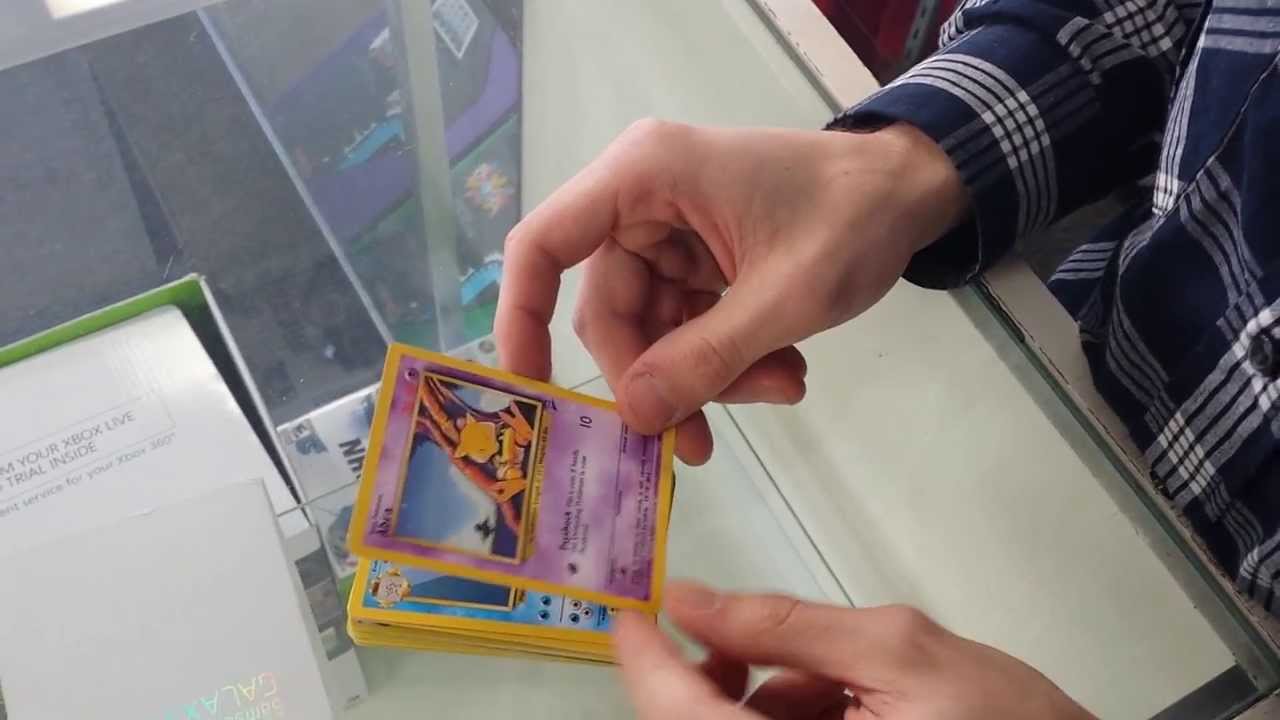Get Over Yourself: How Your Ego Sabotages Your Creativity
An inflated ego can surface in the most subtle ways. Know the difference between confidence and arrogance so you can do your best creative work. - By Todd Henry
One of the most destructive of creative sins is an over-inflated ego. When many people hear the word “ego,” they immediately think of the know-it-all manager charging into the room and insisting that everyone bend their life and work around his every whim. This is certainly one exhibition of ego, but there are less obvious types that we must be careful to avoid if we want to do our best creative work consistently.
Brilliant creative work requires a willingness to take risks, to experiment, and to venture into unproven territory in the pursuit of great ideas. When an inflated ego becomes the norm, you may become inflexible and unwilling to take the small personal risks necessary to break out of your comfort zone and pour yourself fully into your work. Others hover close to their safety zone, because they’d rather live with the perception of invulnerability than to take a risk and find that they have limits. This is obviously a recipe for underperformance, so be aware of these hidden ego-fueled dangers that can come with creative work:
Ego Trap #1: Playing the victim
I recall several instances as a child when playing a game with others that there was a disagreement over the rules. When the argument got heated, the disagreeable party would inevitably say something like “Fine! Then I’m taking my ball and going home!” They would rather opt-out of the game than be flexible enough to find a compromise and continue playing.

While very few people would actually be so obvious about their protest in a work context, the results can be comparable. It plays out in a much more subtle, behind-the-scenes kind of way. When we’re playing the victim, our internal dialogue goes something like “if they won’t listen to my ideas, then I’m just not going to offer them any more” or “there’s no use in trying very hard on this project, because my efforts won’t be valued anyway.” At first, this may not seem like a form of ego, but it is. You are putting your own need for recognition ahead of the work and ahead of the mission of your team.
Unfortunately, this kind of disengagement means that you are not putting yourself fully into the work in front of you, and thus are abdicating your contribution. You are allowing someone else to control your efforts rather than taking charge of your own engagement. You must stay alert to the “victim” voice inside your head and not allow it to cause you to withhold your best work.
Ego Trap #2: Aggressive defense of your “turf”
When you sense that someone else is encroaching on something you perceive as your area of influence, you feel a need to protect your standing or authority and refuse to allow others to become the leading voice. You may even take credit for the ideas of others, or refuse to allow them to stand in the spotlight. This can also play out as snark, cynicism, or extreme criticism of the work of others. You immediately call out things as “too obvious” or “amateurish” in the effort to make your own work look more valuable.
There is a vast chasm between confidence in your abilities, and an over-inflated ego. Ego says “I can do no wrong”, whereas confidence says “I can get this right.” Confidence says “I’m valuable” while ego says “I’m invaluable.” This is a critical difference in mindset. Be aware when you are generally contributing and when you are simply trying to protect the status quo. Losing some of your “turf” may seem scary, but it’s really an opportunity to stay one step ahead.
Confidence says “I’m valuable” while ego says “I’m invaluable.”
Ego Trap #3: Being easily offended
Have you ever met “that person” who perceives everything as a personal attack? It doesn’t matter what you say to them or how nicely you say it, they will somehow twist it into an insult. Similarly, some people treat any disagreement as an indication that you are questioning their competence. Both of these are a subtle displays of inflated ego.
When you put your self-perception ahead of the work, you are in danger of compromising your best efforts. Collaboration also becomes more challenging, because others grow tired of walking on eggshells. You must nix the tendency to be easily offended, and instead embrace the opportunity that disagreements or disconfirming information provide to sharpen your thoughts and skills.
For sure, there is a right and a wrong way to deliver criticism. The correct response to poorly delivered criticism isn’t to get offended, it’s to offer a helpful suggestion on how you’d like to receive feedback in the future.
***
Do not allow the subtle effects of an inflated ego to rob you of your contribution. Yes, be confident, but also be adaptable. Pour yourself fully into your work, but be willing to listen to disconfirming information and opinions. If you do, you will be far better positioned to unleash your best creative work every day.

